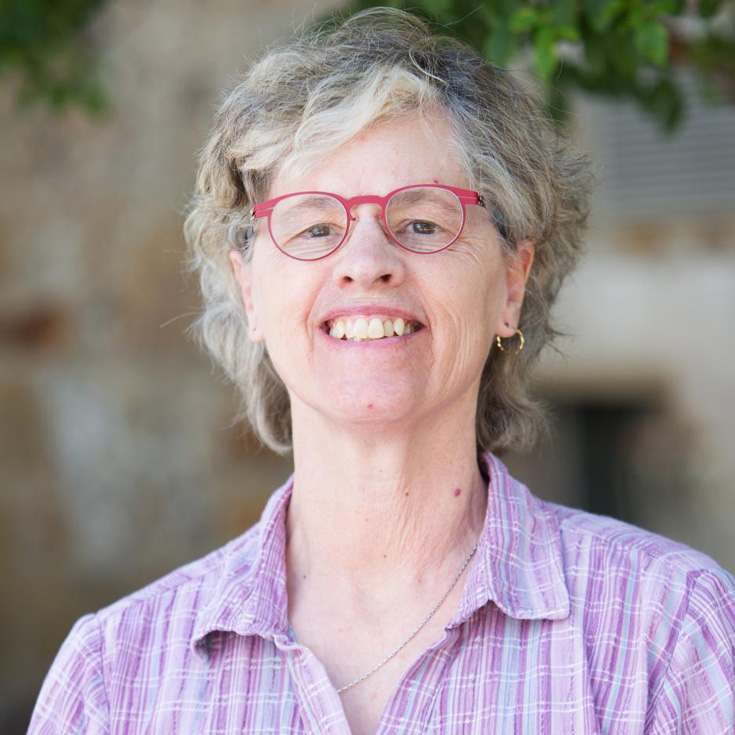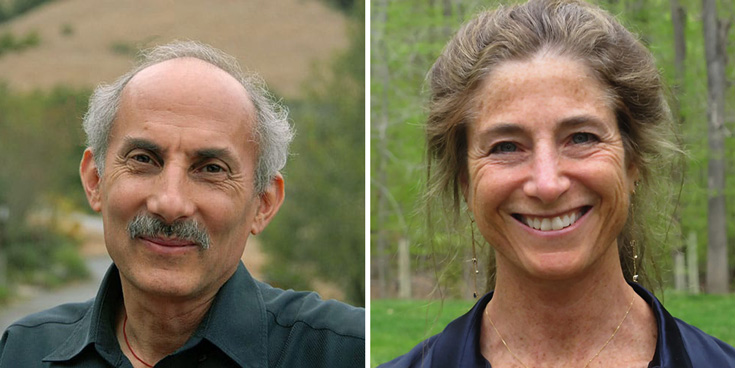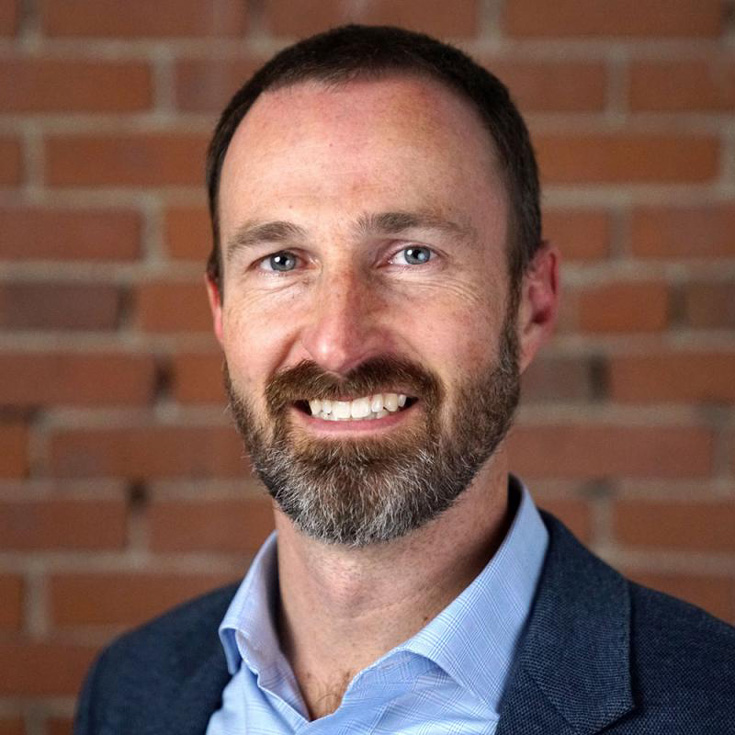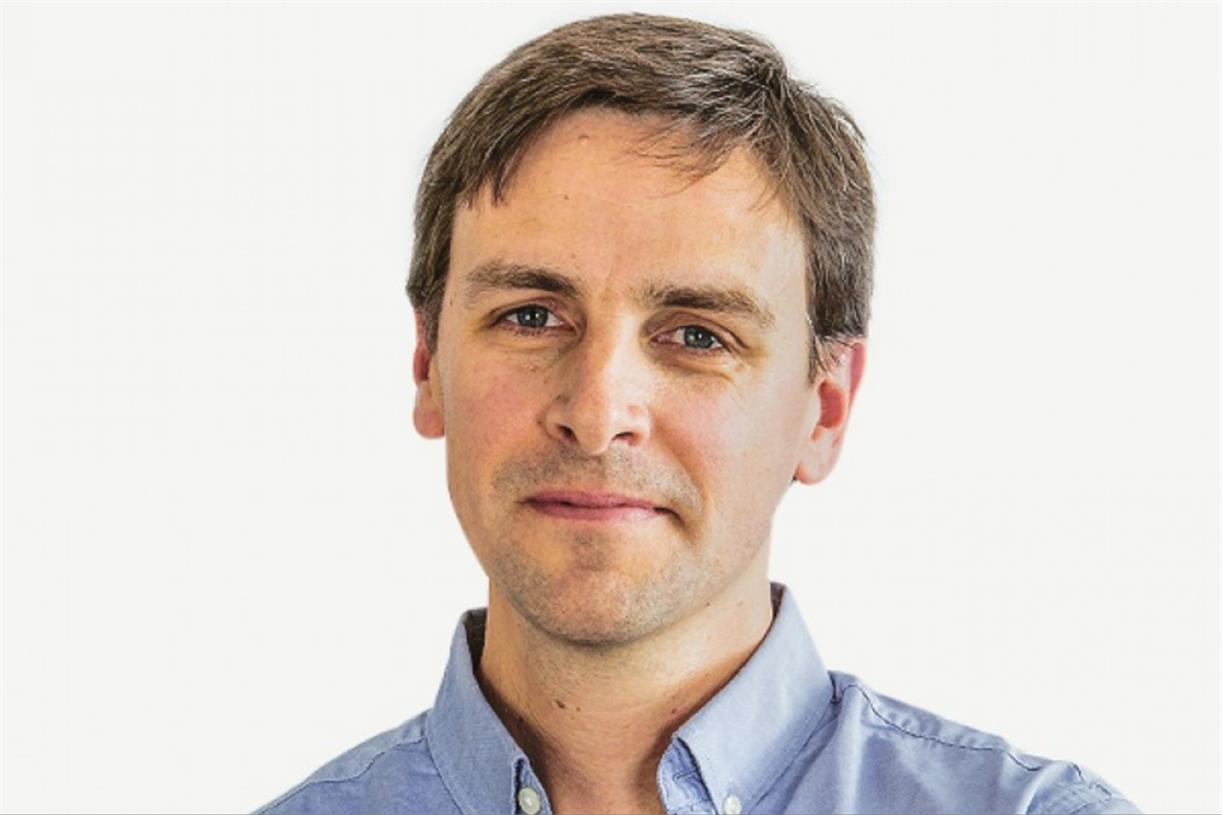Interested in a Mindfulness Degree or Certificate? Here’s What to Expect
The study of mindfulness as an academic field is growing rapidly. Naomi Matlow shares some of what's out there. The post Interested in a Mindfulness Degree or Certificate? Here’s What to Expect appeared first on Lions Roar.

The study of mindfulness as an academic field is growing rapidly. Naomi Matlow shares some of what’s out there.

Photo via Canva.
When the pandemic began, I’d been working in the travel marketing industry for almost two years. With the majority of vacationing being canceled and postponed, I suddenly couldn’t turn outward and write about the next up-and-coming travel destination due to pandemic restrictions, and so turning inward became my saving grace. In a time of global turmoil, mindfulness was a comforting constant.
I looked to Google to search for opportunities to study mindfulness, including its Buddhist roots, in a remote environment. Here are some programs representing what I found.
Lesley University’s Mindfulness Studies Department

Dr. Nancy Waring
Lesley University in Cambridge, Massachusetts houses a Mindfulness Studies department, the brainchild of Dr. Nancy Waring. It’s the only program of its kind in North America, offering graduate certificates and Masters of Arts in Mindfulness in a unique part-time, low residency, and remote capacity.
Before her retirement this past summer, I was fortunate to be Dr. Waring’s student in her last few semesters as a professor. Dr. Waring offered some of my favorite courses, including “Mindful Leadership & Social Change” and the first-time elective offering last spring, “Mindfulness & Healing,” which focused heavily on race and the dharma. I admired her passion for mindfulness’s capacity to nudge society toward necessary change, as well as her humor, easeful way of being, and willingness to consistently keep learning and adapting.
Recently, I asked Dr. Waring what the impetus was for starting the Mindfulness Studies department. From a 2004 offering of one course on the practice, theory, and science of mindfulness (which remains a required course to this day), to a full Masters program with required courses, electives, an internship component, and a thesis, Dr. Waring wanted to create content to meet the demand and interest of Lesley graduate students as a professor in their expanding Interdisciplinary Studies program.
The East and West were meeting in new and innovative ways in the early 2000s on U.S. college campuses and with the publication of books by both leading academics and meditation practitioners, such as Donald Rothberg’s The Engaged Spiritual Life (2006) and Daniel Siegel’s Mindsight (2009). These books, and others, sought to explore Buddhist philosophy as a possible tool to alleviate some of the suffering of our time. Suffering may be as old as beings themselves, but with each new decade we seem to find new ways to encounter it. Dr. Waring, a trained Mindfulness-Based Stress Reduction educator herself, created a program to teach not only mindfulness teachers, but the next generation of mindful citizens.
Within the Lesley department, there is a course on teaching mindfulness, though not everyone within the program seeks to teach meditation or mindfulness in a formal capacity. Students will learn how to teach and lead meditation practices if they wish, but can also learn mindfulness from other angles and emphases including social responsibility, contemplative neuroscience, movement, creative writing, environmental sustainability, communication, and more.
From my personal experience, if you’re interested in a Master of Arts in Mindfulness Studies at Lesley University, you can expect a deep dive into the history and contemporary iterations of mindfulness practice, as well as its current relevance in the realms of neuroscience and social justice initiatives, including race relations and the criminal justice system. As with all educational programs that emphasize the value of mindfulness practice, there is plenty of emphasis on personal practice and independent meditation “on the cushion,” yet one learns that mindfulness is equally about what happens “off the cushion.” As a Mindfulness Studies student I don’t go too long without being reminded that my whole life is an opportunity to practice impermanence and awareness, and equally as important, that the discipline of mindfulness studies will be pursued long after graduation.
The program at a glance:
Graduate Certificate (15 credits, part-time) takes approximately 12 months to completeMaster of Arts (36 credits, part-time) takes approximately 2 years to complete
All classes are online and asynchronous, minus the one week residency on campus
Approximately 15-20 people in each class
Approximately $6,300 USD per semester
Jack Kornfield and Tara Brach’s Online Mindfulness Teacher Certification Program

Jack Kornfield and Tara Brach.
There are a handful of mindfulness teaching programs in North America, designed to train the next generation of secular meditation teachers as well as Insight meditation teachers from Buddhist-identified organizations like Spirit Rock and Insight Meditation Society.
Additionally, for individuals interested in teaching mindfulness meditation in their own communities, Jack Kornfield and Tara Brach, two of the preeminent mindfulness and Insight meditation teachers in the West, offer a Mindfulness Meditation Teacher Certification Program, a two-year online training program in awareness and compassion-based practices.
Their fourth cohort begins early next year. In addition to teachings and strategies from Jack and Tara, students are supported by over 70 teacher mentors as they are divided into small groups, guided by a qualified mindfulness meditation educator, to traverse the course together.
The course started in 2014 as a live, online offering. Over breakfast one day, Jack and Tara were discussing the need for qualified teachers for the rising interest in mindfulness and meditation, especially where there is a need but little access. I asked Tara what participants of the program should expect. She replied: “Participants should know that there is a deep emphasis on ‘compassion in action’ throughout the program as well as a commitment to one’s own spiritual unfolding. We can only teach what we live ourselves.” After successful completion of the program, graduates receive a certificate from the Awareness Training Institute and the Greater Good Science Center at the University of California, Berkeley.
The program at a glance:
A two-year online program with weekly video lessons with associated readings and journal entriesMonthly mentorship group calls and peer group meetings of 6 students and 1 highly qualified mentor
Approximately 1,000-2,000 students in the 2023-2025 cohort
Full course tuition before savings is $8,700 USD
The Brown Mindfulness Center

Dr. Eric Loucks
Brown University is another post-secondary institution integrating mindfulness practice and theory into their course catalog. Within Brown’s School of Public Health is the Brown Mindfulness Center, led by director Dr. Eric Loucks. The Master of Public Health with a concentration in Mindfulness is an interdisciplinary program that focuses on mindfulness theory, interventions, research, treatment modalities, and teaching. The Mindfulness Center at Brown also has online offerings available worldwide, a university certificate program in Mindfulness-Based Stress Reduction (MBSR) teacher training, as well as continuing education courses for MBSR teachers. Additionally at Brown, the Mindfulness Center offers undergraduate and graduate-level courses for credit that focus on the science of mindfulness beyond the MPH concentration, such as “Meditation, Mindfulness and Health,” “Mindfulness Epidemiology,” “The Craving Mind,” and “Measuring Mindfulness.” In Dr. Louck’s own words, “Brown also offers what is likely the first Master of Public Health (MPH) concentration in Mindfulness worldwide”.
The program at a glance:
The Master of Public Health with a concentration in Mindfulness consists of in person classes, an internship, and a thesisThe MPH takes approximately two years to complete (12 credits)
Approximately $20,295 per semester for full-time MPH students
My personal mindfulness education journey has been a rewarding and eye opening one. If you are similarly interested in a mindfulness degree or certificate, there are many more out there to explore beyond the three programs shared above. In the meantime, there are also plenty of teachings available online that entail smaller commitments. For example, an online, self-paced course on the heart of mindfulness practice, “Insight and Mindfulness”, is currently available in the Lion’s Roar Online Learning Center, if you are looking to go deeper today. May your curiosity help guide you on your path.

 Astrong
Astrong 
































